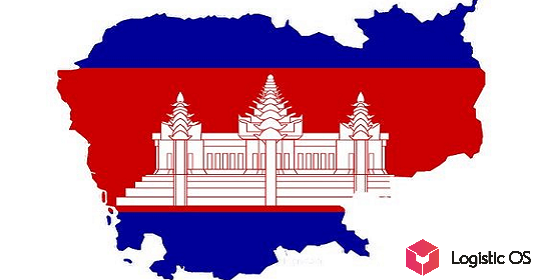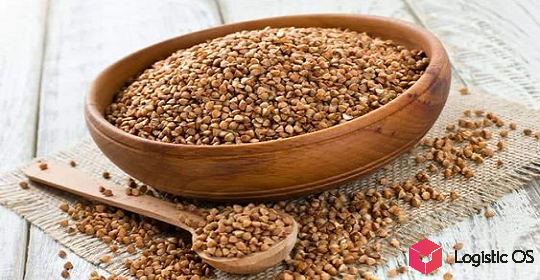Currently, Canada is finding it increasingly difficult to compete with Australia in the oilseed market, so Canadian producers are counting on China.
Today, Australia is a big problem for the Canadian agricultural sector, in particular for producers of rapeseed and rapeseed meal.
This is due to the fact that Australian products today actively occupy the world market.
For example, it is planned that in the current 2023-2024 season, Australia will export about 4.4 million tons of oilseeds. This is less than in the previous 2 seasons, when the volume was about 5.9 million tons, but is still a very significant amount.
This leads, in particular, to the fact that Canadian exporters have to make efforts and make discounts in order not to lose buyers from Mexico, Japan and a number of other countries.
The most important market in which Canada has so far managed to maintain its position is China.
This is due to the fact that China has very strict phytosanitary requirements for imported agricultural products. Canada has long learned to comply with these requirements, but Australia has not yet succeeded in doing so.
As a result, this year it is planned that China will buy 4 million tons of Canadian canola, which is more than 60% of the total volume of Canadian exports of this product.
At the same time, it is planned to actively export Canadian rapeseed to other markets, including Japan, Mexico, the UAE, Pakistan, the USA and Europe.
An interesting recent trend has been that a significant part of the rapeseed harvest is not sent abroad in the form of raw materials; instead, it is bought by Canadian processors.
For example, this season they purchased about 11 million tons, which is twice as much as in the previous season.
Moreover, new canola processing plants continue to actively open in Canada. Thanks to this, next year processing volumes may increase by 3 million tons per year.
This could change the structure of Canadian exports: sales abroad of rapeseed itself will decrease, but supplies of rapeseed meal to foreign buyers will increase significantly.
It is assumed that China will become the main market where increased volumes of meal will go.
Experts note that the demand for meal is actively increasing in the Celestial Empire. For example, aquaculture is developing there, which requires a large amount of meal; it is also in great demand in the field of dairy production.
At the same time, Canadian breeders are now thinking about how to increase the oil content in their products. If this issue is resolved, the prospects for Canadian rapeseed on the world market could become even better.

